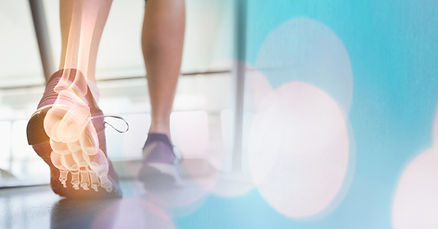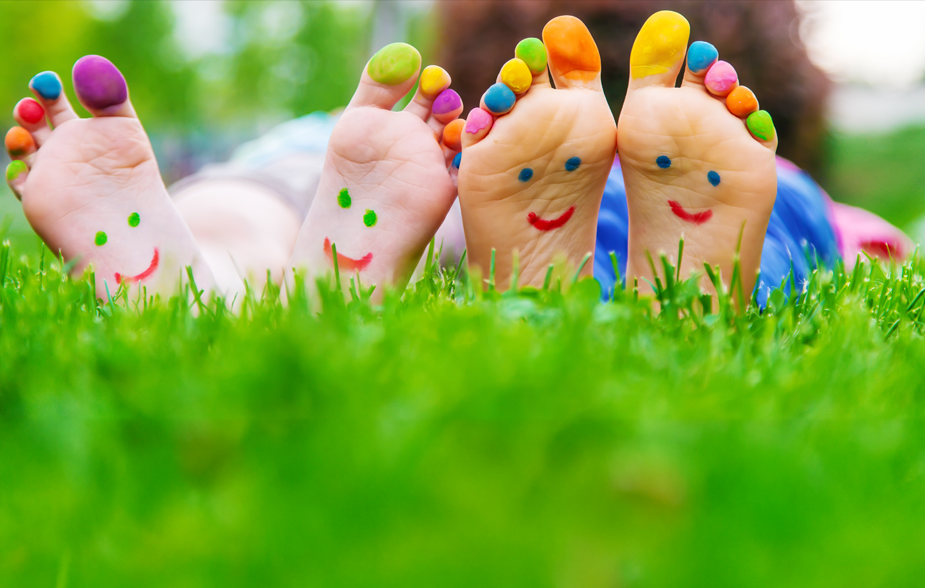Bones are an important part of the human body, playing many roles, like providing structure, storing calcium, and protecting organs. We need to build strong and healthy bones at any stage, from childhood to old age.
This is because bones can become fragile and even damaged from small injuries if not taken care of. Furthermore, bones usually become weaker and less dense as we age.
Why Is Bone Health Important?
Everybody needs strong bones to stand upright and keep us on our feet. We also need healthy bones to move around, protect organs, and store nutrients and minerals that help us stay alive. Humans run a risk of pain and fractures without proper bone health.
Bone health is crucial as we grow older because bone strength slowly decreases, leading to osteoporosis.
Signs Of Poor Bone Health
Here are some signs that indicate poor bone health:
- Stooped posture and loss of height
- Unexplained back pain
- Broken bones due to minor falls or small injuries
Why Does Bone Weaken?
Several factors can cause bones to weaken, such as:
- Heredity (genetic reasons)
- Low amount of calcium in your diet
- Inactive lifestyle
- Regular tobacco and alcohol use
- Women are more prone to osteoporosis than men because they have less bone tissue
- A small body frame, or someone who is extremely thin
- Hormone levels in the body. Bone loss increases when there is too much thyroid hormone or when estrogen and testosterone levels are low
- Prolonged use of certain medications, including corticosteroids, aromatase inhibitors, and some anti-seizure medications
- Race – those of white or Asian descent may be at higher risk of developing osteoporosis
- Having eating disorders and other conditions can weaken the bone
- Old age
Tips For Healthy Bones
There are several steps that you can follow to slow down bone loss. Some of them are:

- Take a diet high in vegetables
- Try to engage in specific types of exercise like weight-bearing or high-impact exercises
- Include protein in your diet
- Ensure you consume a diet rich in calcium and vitamins D and K2 regularly
- Ensure you maintain a stable weight to preserve bone density
- Reduce or stop smoking and drinking
Podiatrist newsletter article provided by LRW Media. Images provided by Wix Media.
